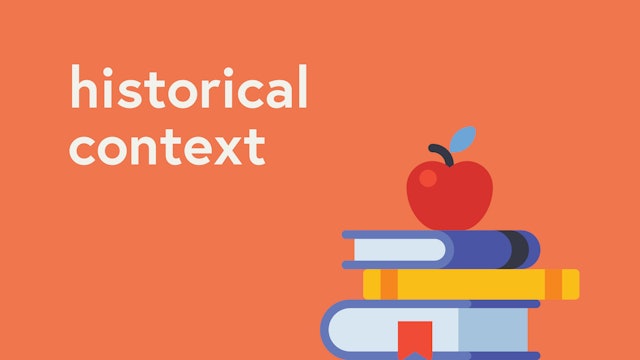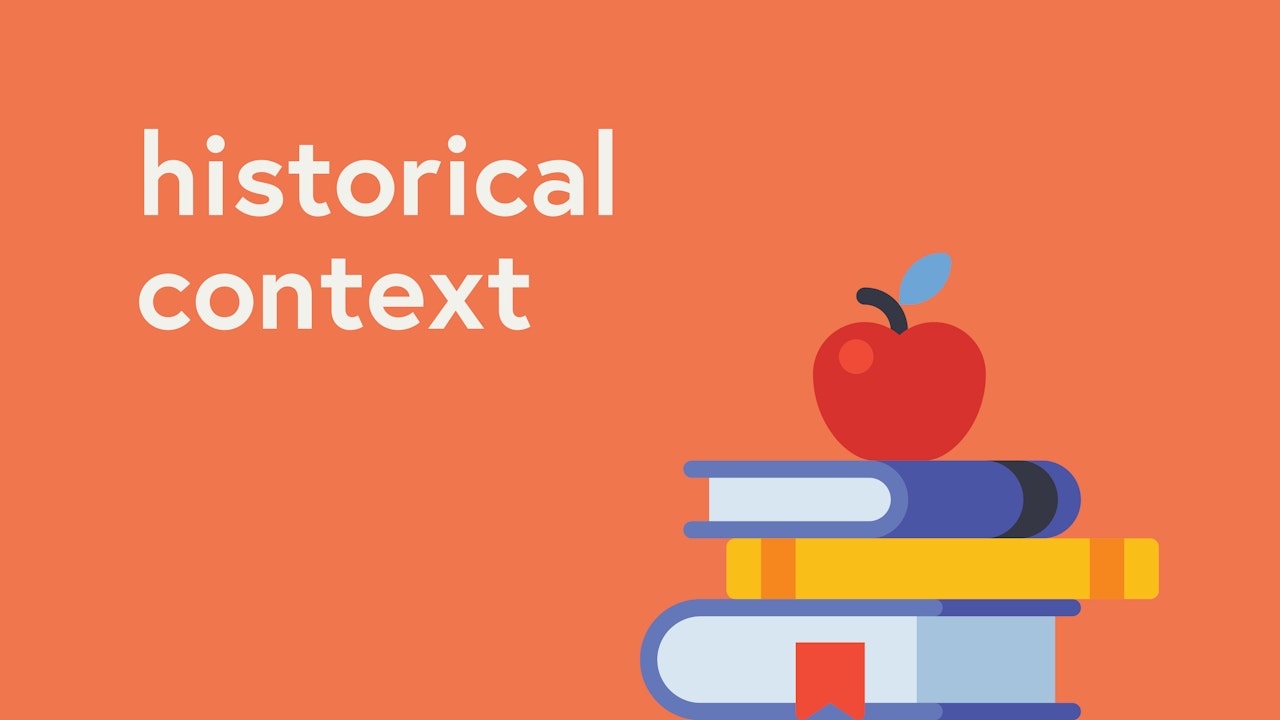-
Is Buddhism a Religion or a Philosophy?
Learn more about Buddhism, a spiritual practice that is followed by as many as 535 million people around the world. Consider why Buddhism can be considered a philosophy, a way of life, and a religion.
-
What Is Rosh Hashanah?
Explore the basics of Rosh Hashanah, the Jewish New Year holiday. Learn why it’s important to give Jewish employees scheduling flexibility to celebrate Rosh Hashanah for either one or two days (depending on how traditionally observant they are) and appropriate greetings for the holiday.
-
What Is Sikhism?
Get a basic understanding of Sikhism, the world’s fifth-largest religion. Learn where and when Sikhism originated. Explore the central elements of Sikh philosophy. Consider why learning about the world’s religions helps build cultural competency and stronger organizations.
-
Religious Demographics of the United States
The United States is a country of many different religious traditions. 65 percent of the population identifies as Christian, 29 percent identify as nonreligious, and the rest belong to religions such as Judaism and Islam. Here’s a deeper look at America’s religious demographics today.
-
What is the Seventh-Day Adventist Church?
Get a helpful overview of the Seventh-day Adventist Church, its key values, and what differentiates it from other Christian denominations. Learn why scheduling flexibility and vegetarian menu options are helpful to Seventh-day Adventist employees.
-
Does Systemic Racism Exist?
Hear evidence for how systemic racism is still a problem in today's society. And ponder about how systemic racism could be abolished using a concrete example of structural gender inclusion in the Supreme Court.
-
History of the Pride Flag
Rainbow flags representing LGBTQ+ pride have become a common sight in many parts of the United States today, but how did they become such an important symbol in the first place? Here, we discuss how the 6-color rainbow flag came to be, and how it has evolved over the years to better represent the...
-
What Is Islamophobia?
Gain a deeper understanding of Islamophobia, fear and hatred expressed toward Muslims. Examine the root causes of Islamophobia and its negative impacts on society. Learn to recognize Islamophobia in the workplace and what actions to take to address it.
-
What is Evangelical Christianity?
The term Evangelical Christianity refers to a Protestant movement that traces its roots back to the early 1700s in colonial America. Nearly a third of all Americans identify as Evangelicals, and many attend denominations like the Southern Baptist Convention and a host of non-denominational churches.
-
Why is Columbus Day Called Indigenous Peoples’ Day?
Get a helpful overview of Indigenous Peoples’ Day. Explore why a growing number of states, companies, and individuals are now choosing to observe this holiday instead of Columbus Day. Consider ways to honor, respect, and support the Native American community.
-
What is Passover?
Explore the basics of Passover, a spring Jewish holiday that celebrates the liberation of Jewish people from slavery in Egypt. Learn what a seder
is, why Jewish people eat matzah during Passover, and how to be inclusive and supportive of your Jewish coworkers. -
What Does It Mean To Keep Kosher?
Get a quick overview of the Jewish practice of “keeping kosher.” Learn the basic dietary guidelines dating back thousands of years that some Jewish people follow today. Confirm the importance of making kosher food options available in your company cafeteria and at corporate events.
-
What Is Eid al-Fitr?
Eid al-Fitr is a Muslim holiday marking the end of Ramadan. It translates directly to “Feast of Breaking the Fast” and features prayer, sweet treats, gifts and charity, and forgiveness. Muslim employees are likely to take time off during this time.
-
What Is Ramadan?
Ramadan is the ninth and holiest month of the Islamic calendar, featuring prayer, fasting, and community gatherings. It’s important to be mindful of Muslim employees’ changing needs during this time.
-
Why Do Some People Wear Headscarves As Part of Their Religion?
Confirm the importance of respecting the head coverings worn by many people of different religions to convey humility, modesty, spirituality, and respect. Get a more detailed understanding of head coverings in Islam, Judaism, and Sikhism and the values they represent.
-
DEI from a Historian's Lens
Learn how the study of history used to be very compartmentalized and how historians are now approaching history from a DEI lens.
-
What is Mormonism/The LDS Church?
The Church of Jesus Christ of Latter-day Saints is often known informally as the LDS Church or Mormon Church. The first major religious group born in America and not derived from a colonial population, the LDS Church spread quickly with the migration of church members to Utah and surrounding states.
-
What is Diwali?
The Diwali festival, also known as Divali or Deepawali, is a holiday that’s widely celebrated by people from a variety of religions and countries. Here’s an overview of this celebration honoring the triumph of good over evil.
-
You Might Be a Feminist and Not Know It
What do you think of the word feminist? For some people, this term can raise a strong reaction. We’re here to break down what being a feminist is means and why you might be one without really knowing it.
-
History of Neurodiversity
The brain contains a range of natural cognitive variations, called “neurodiversity,” impacting learning, attention, mood, sociability, and other functions. Organizations should recognize that neurodiversity can be a benefit to productivity, creativity, innovation, collaboration, and diversity of ...
-
What is Russophobia?
In the wake of Russia’s invasion of Ukraine, there has been a wave of anti-Russian sentiment in the United States and around the world. This generalized bias against an entire community causes harm to everyday people, and we are already seeing the ramifications of modern Russophobia.
-
How Did Affirmative Action Benefit White Women?
Learn about the history of affirmative action in the United States and discover why its main beneficiaries haven’t just been people of color. Other women have also benefited, particularly White women.
-
Is Gender a Spectrum?
In this video, we discuss the natural range of human genders that are often referred to as the gender spectrum. Learn more about what gender is, what it means to say gender is a spectrum (versus two binary categories) and how our understanding of gender has evolved along the way.
-
Women in the Modern Workforce
Understanding how women figure into the modern workforce helps companies better align their corporate and DEI strategies with expanded representation. Let’s take a closer look at how women really fit into today’s labor force.


























